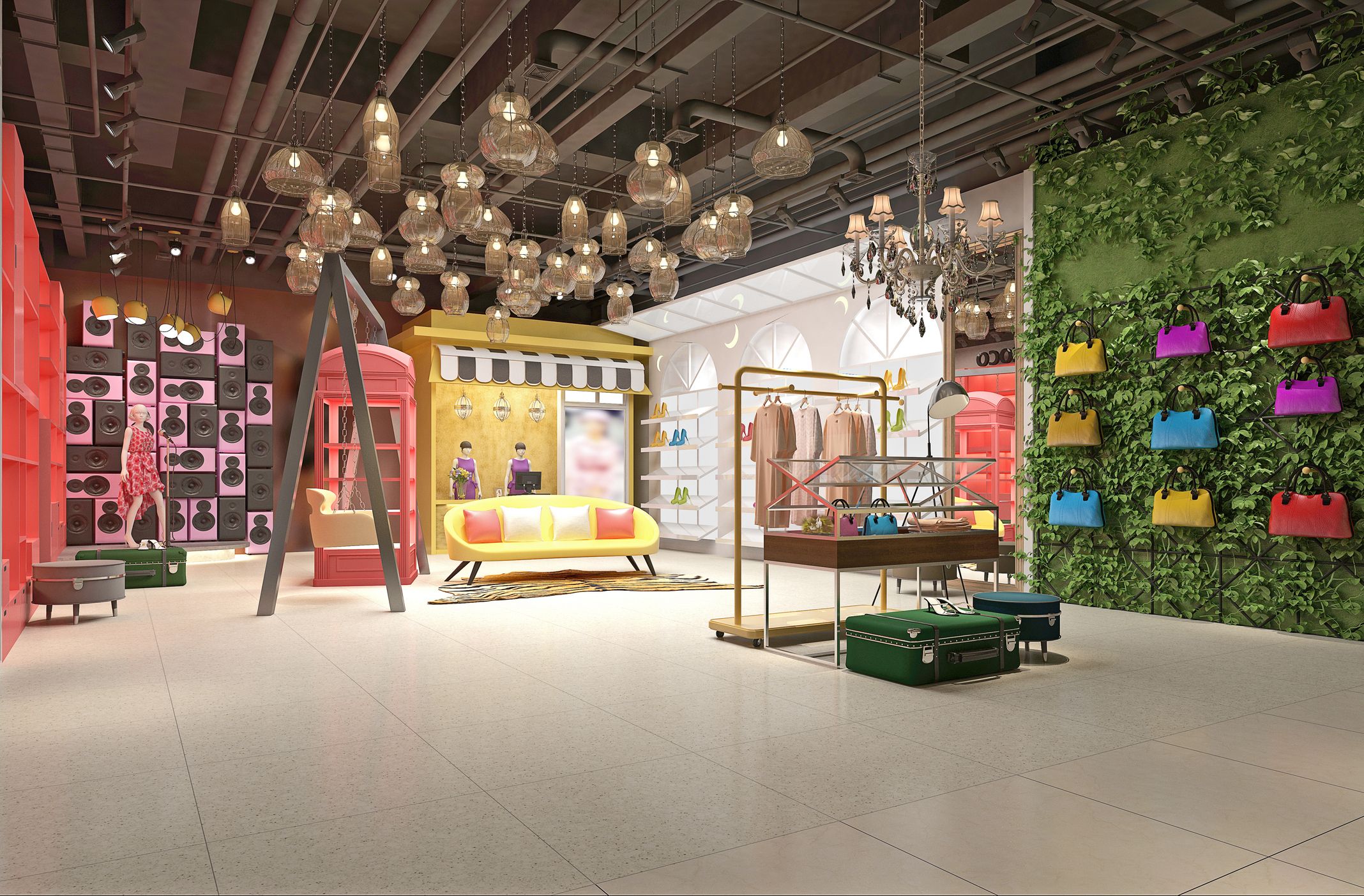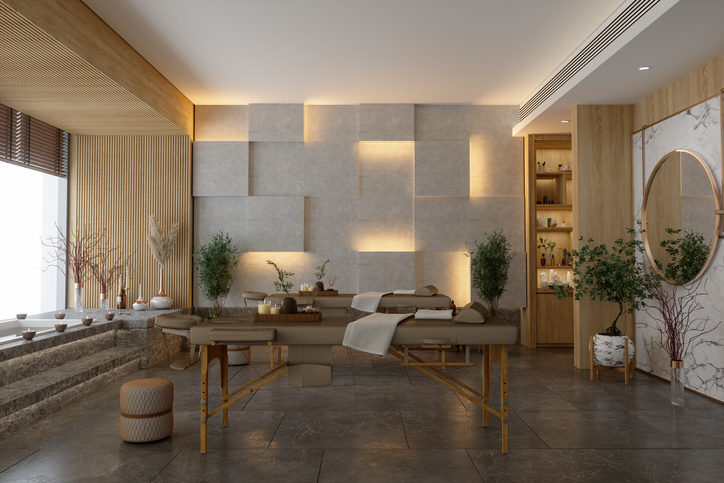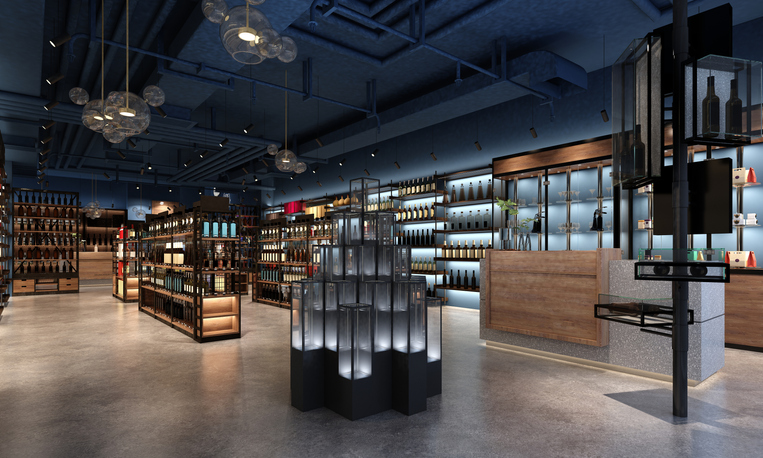
Trends Shaping Smart Hotels
Smart technology is transforming residential and commercial buildings around the globe. That’s why it’s not surprising that a growing number of travelers are opting to stay in hotels that enable them to interact with their environment and enjoy a personalized experience — just like they do at home. Here are some of the most important smart hotel trends to look out for:
- Smart rooms: Several hotels are leading the way with smart rooms, as Condé Nast Traveler reports. For example, Hilton recently announced it’s connected room, which allows guests to preset their preferences for things like lighting, room temperature and entertainment before their arrival. These preferences are communicated via a computer system to the appliances, and triggered when guests check in. That way, when they arrive in their rooms, they immediately experience the welcoming ambiance they want.
- Building automation: Today’s Hotelier states that building automation is poised to play a more important role in two areas. First, by using automated lighting, heating and cooling, a hotel’s energy consumption can be drastically reduced. This is beneficial because it can significantly lower overhead — plus, guests enjoy staying at hotels they know are more environmentally friendly. And second, by using automated systems of connected appliances, hotels can streamline their maintenance operations. In these types of systems, sensors’ signal when maintenance or repair is needed. This in turn enhances the life of the appliances while at the same time minimizing the chances of guests being inconvenienced — and having a bad experience — due to malfunctions.

- Digital or mobile keys: According to MarketWatch, digital keys are particularly convenient for guests when paired with remote check-in, since they enable them to go straight to their room without having to wait at the front desk. Guests can download a digital key app from their hotel’s website and subsequently use their smart phones to unlock their room doors. Some digital keys also provide access to hotel amenities such as the spa or fitness center. However, since this technology is still relatively new, there may still be some security concerns.
- Robots: Autonomous robots like Savioke’s Relay and LG’s CLOi are beginning to make significant inroads in the hospitality industry. For example, in December 2017, Luma Hotel Times Square introduced it’s robotic butler Alina, which can provide room service, among other things. Hotels can benefit from robots because they’re cost-efficient. Moreover, as Savioke points out, they free hotel staff up from time-consuming tasks and allow them to focus on the all-important objective of providing an outstanding experience.
Conclusion
Smart hotels offer their guests more comfort and convenience than conventional hotels. This is critical to providing a good guest experience and by extension, generating more business. Combine this with the fact that automated building systems help control costs, and it’s clear that smart technology can have a positive impact on any hotel’s bottom line.
If you’re interested in implementing smart technology in your hotel, contact us for more information. We can provide ideas and trusted advice that can help make a stay at your hotel an interactive experience to remember. InterServ has over 15+ years in the hospitality industry as a leading hotel remodeling company. Please check out our portfolio of projects for our happy clients across the country.




